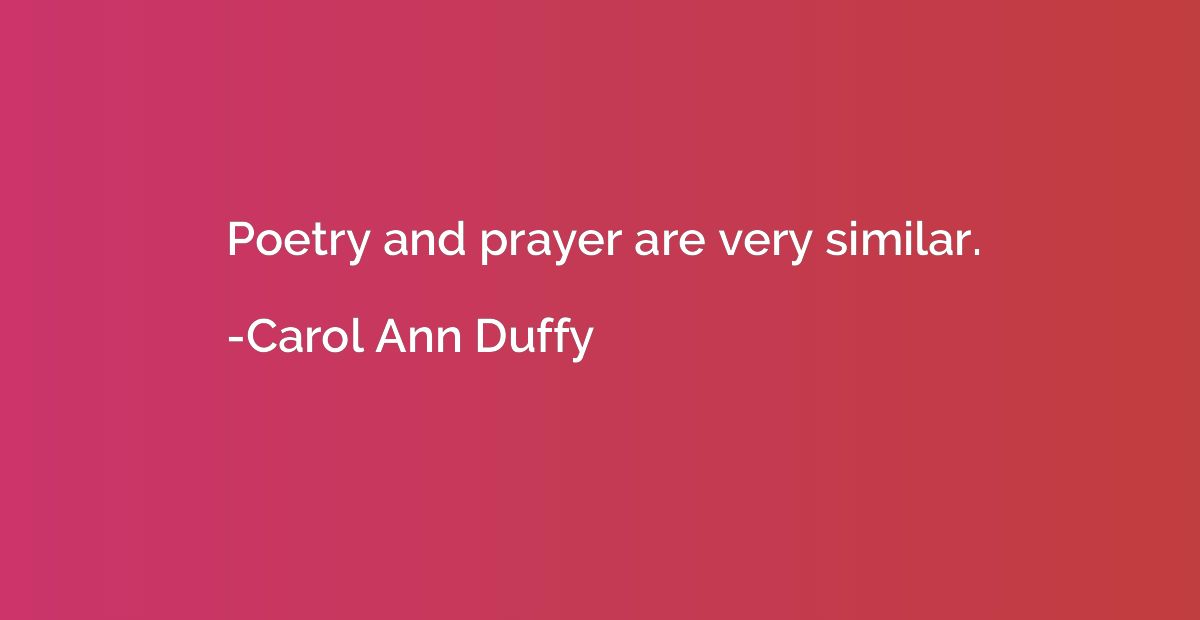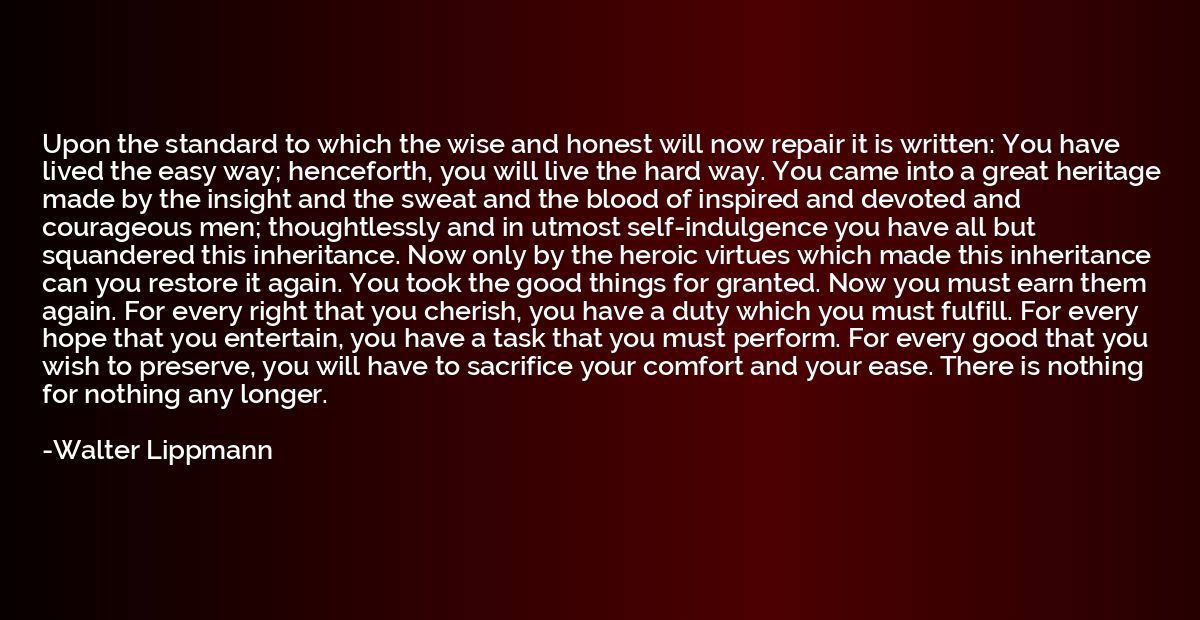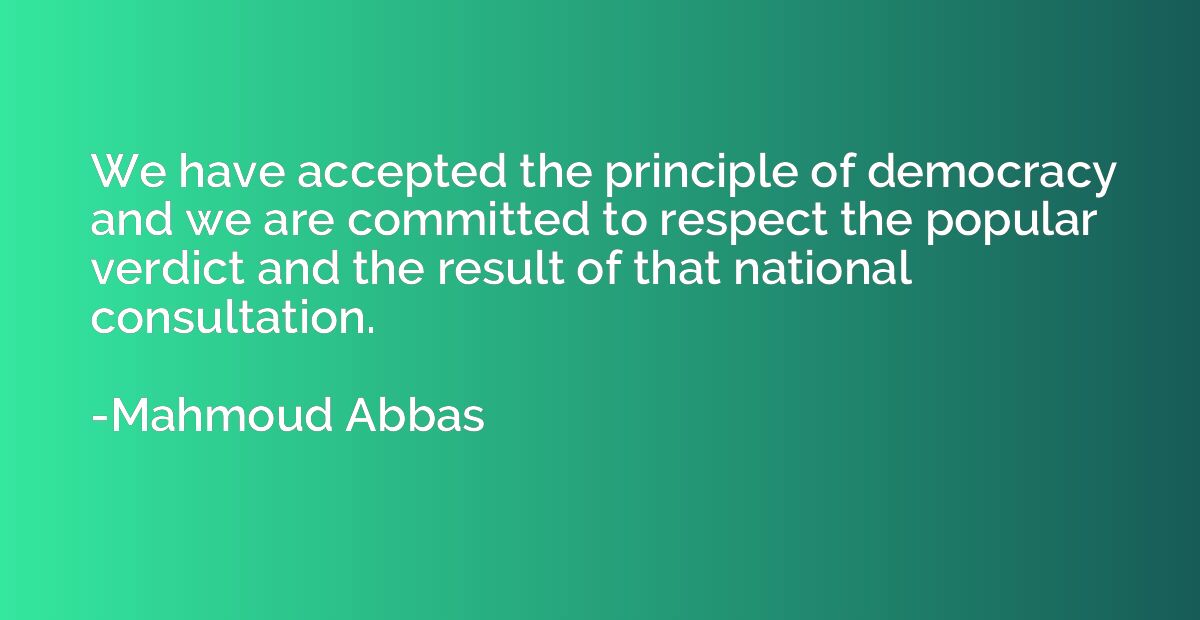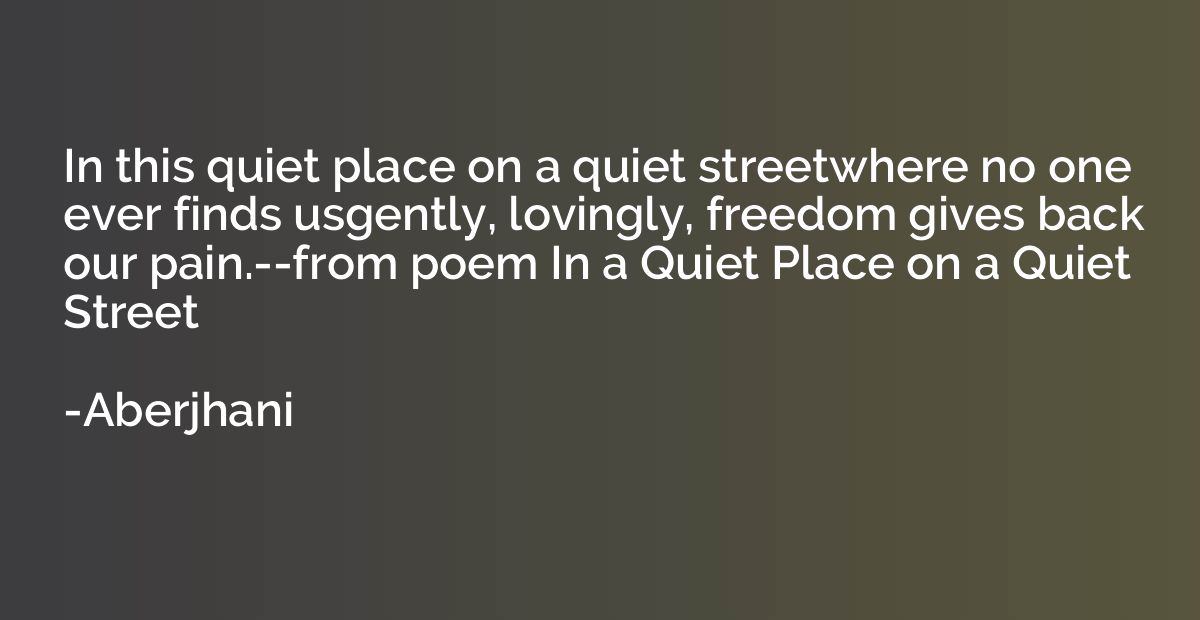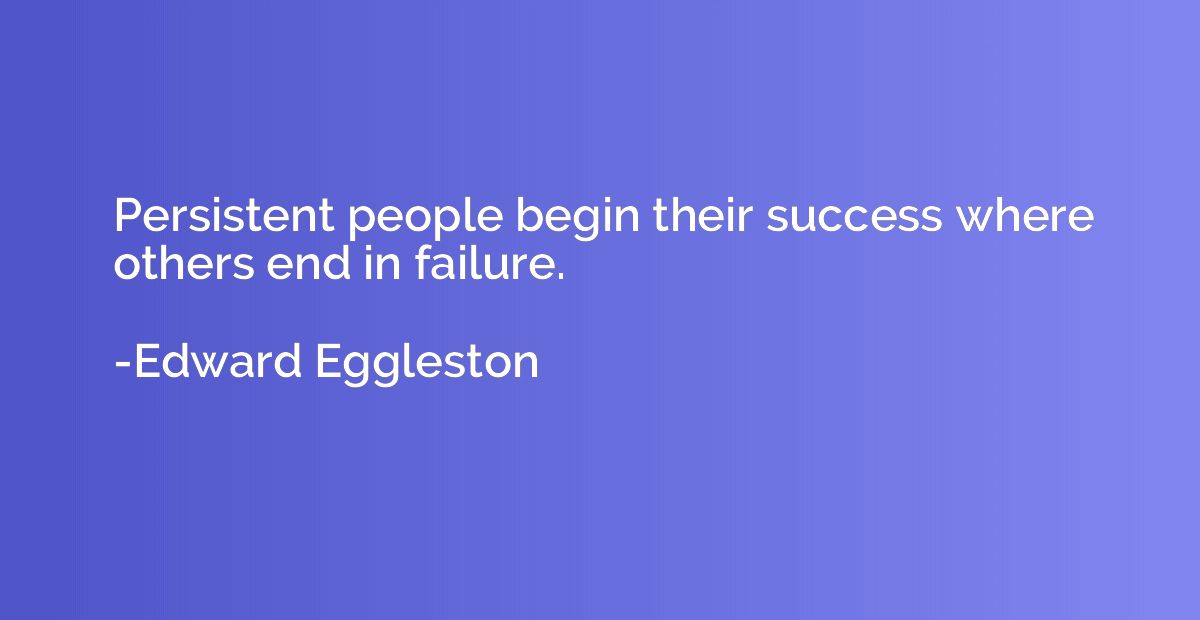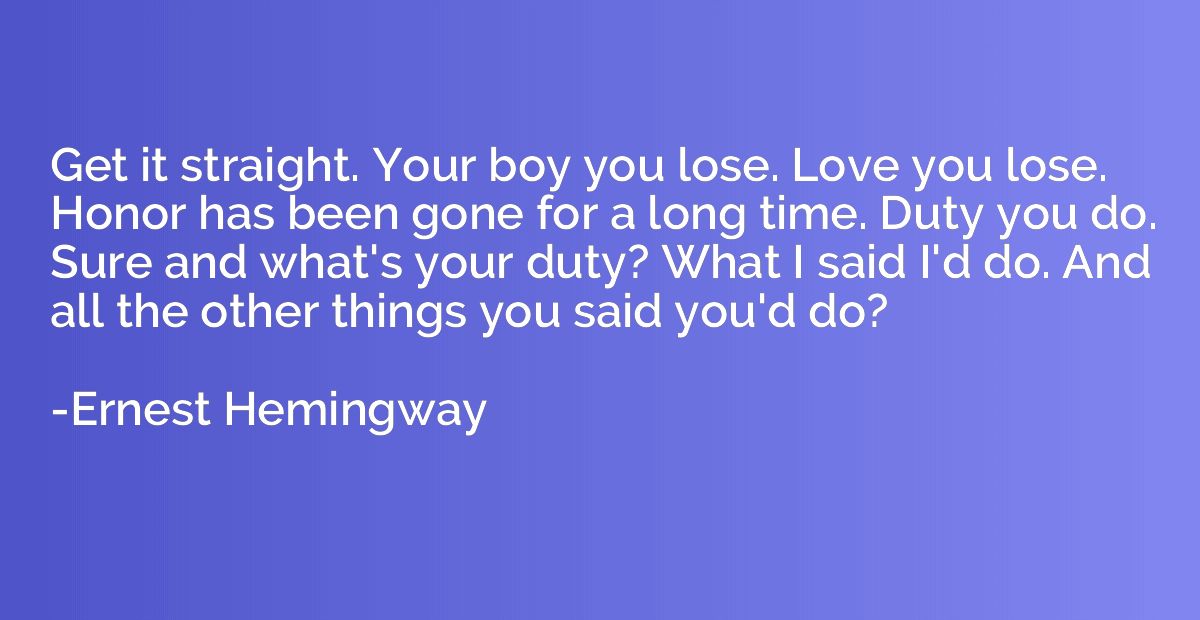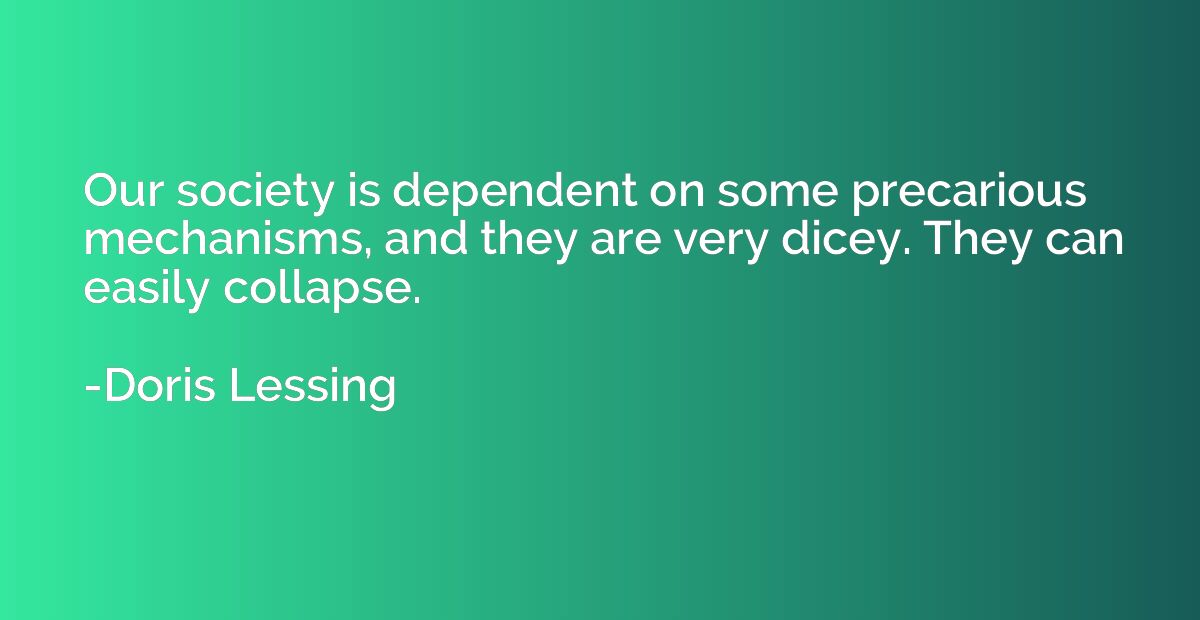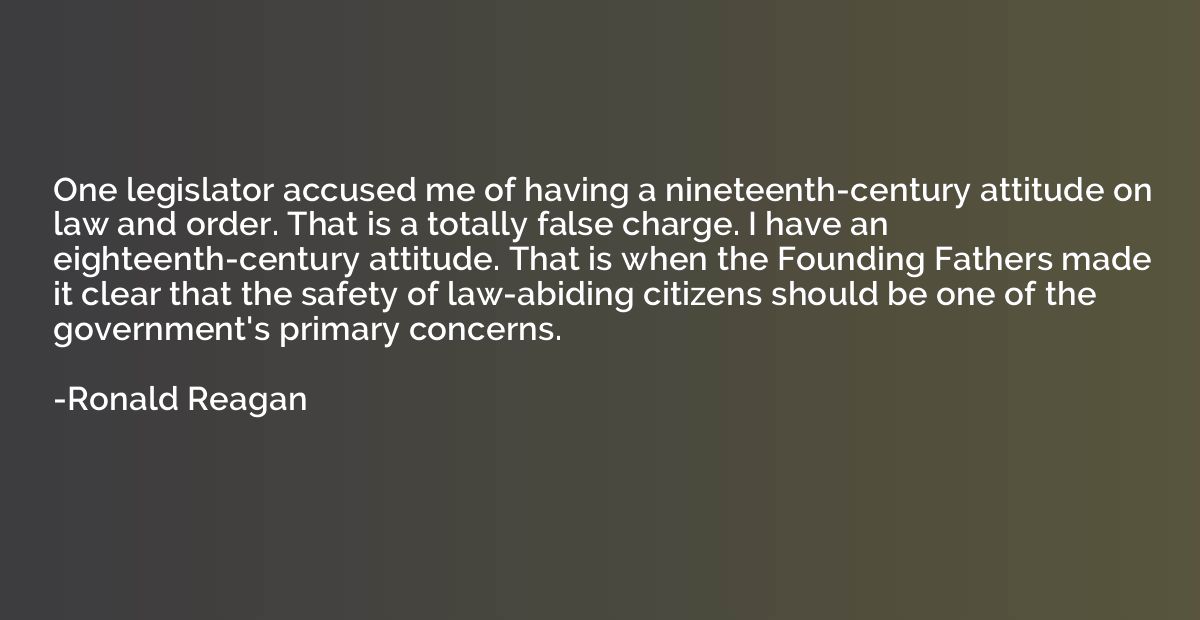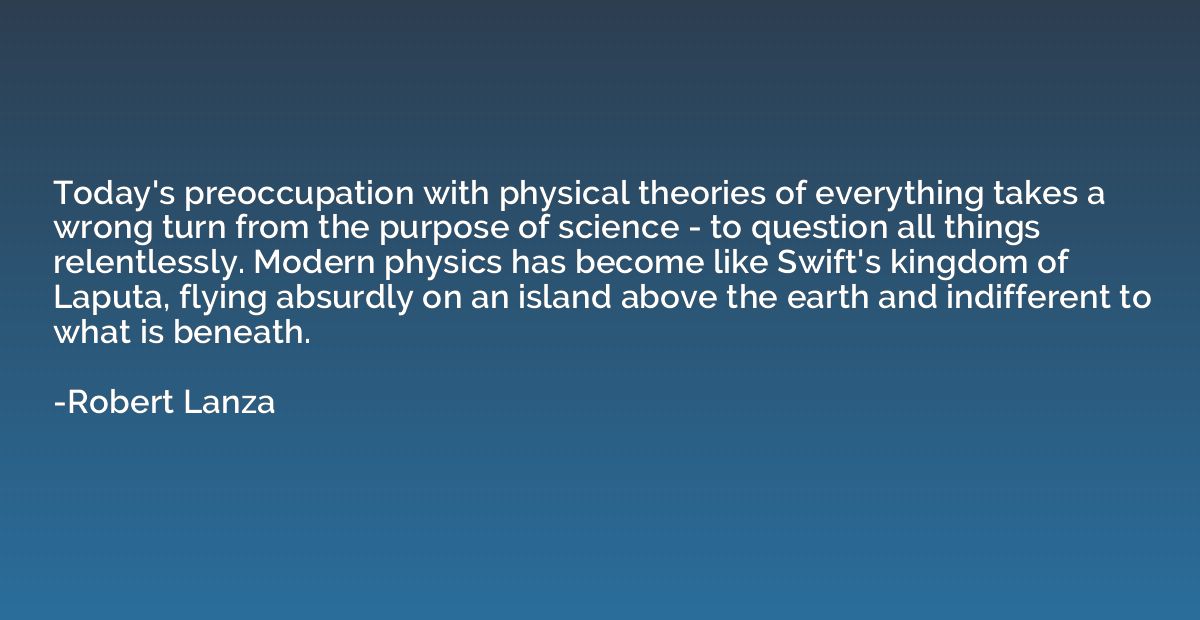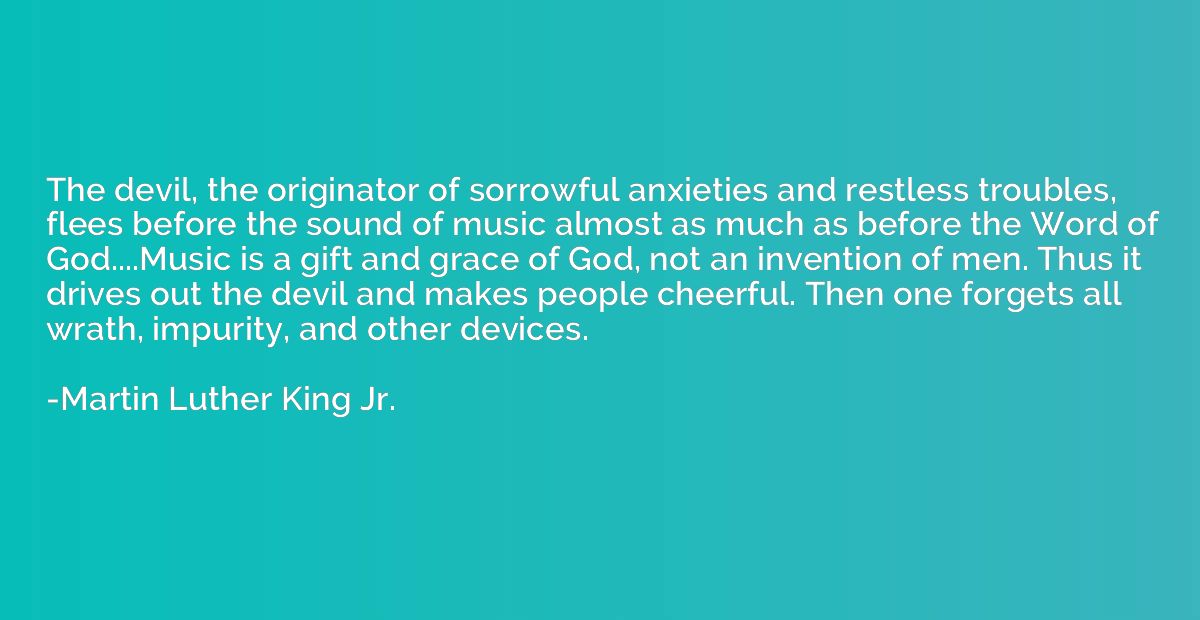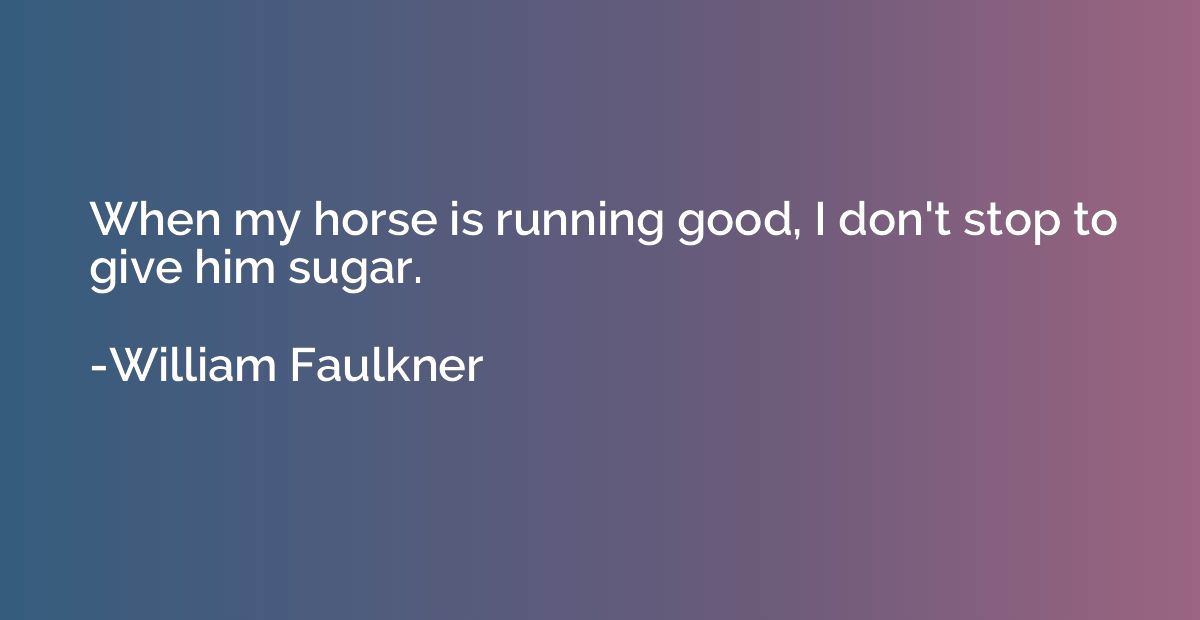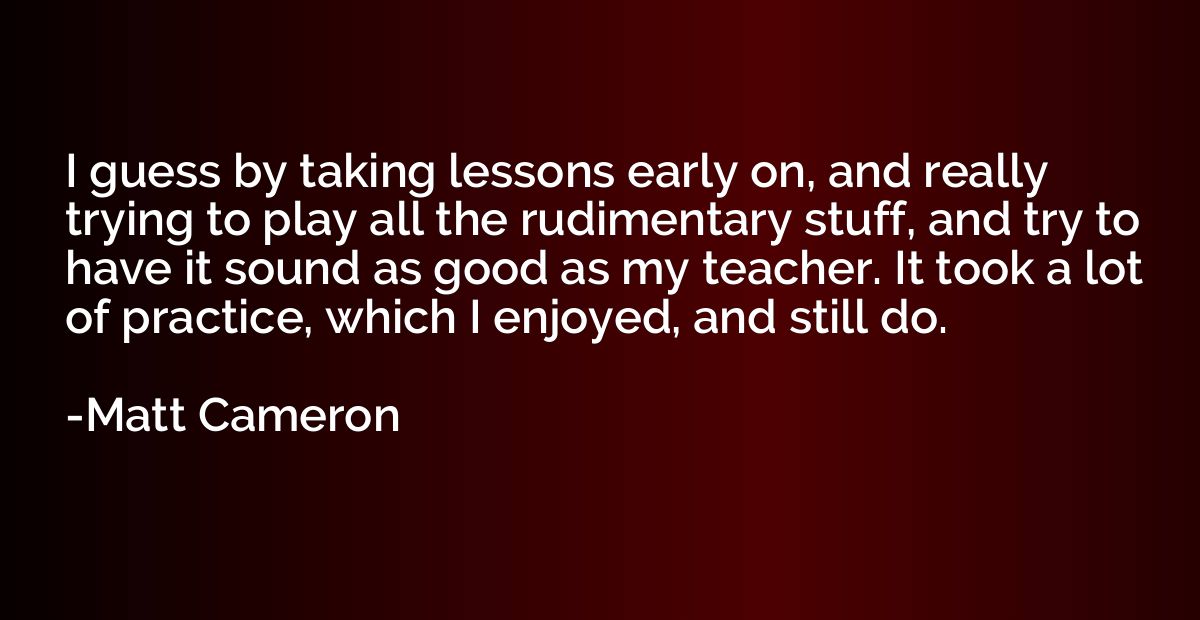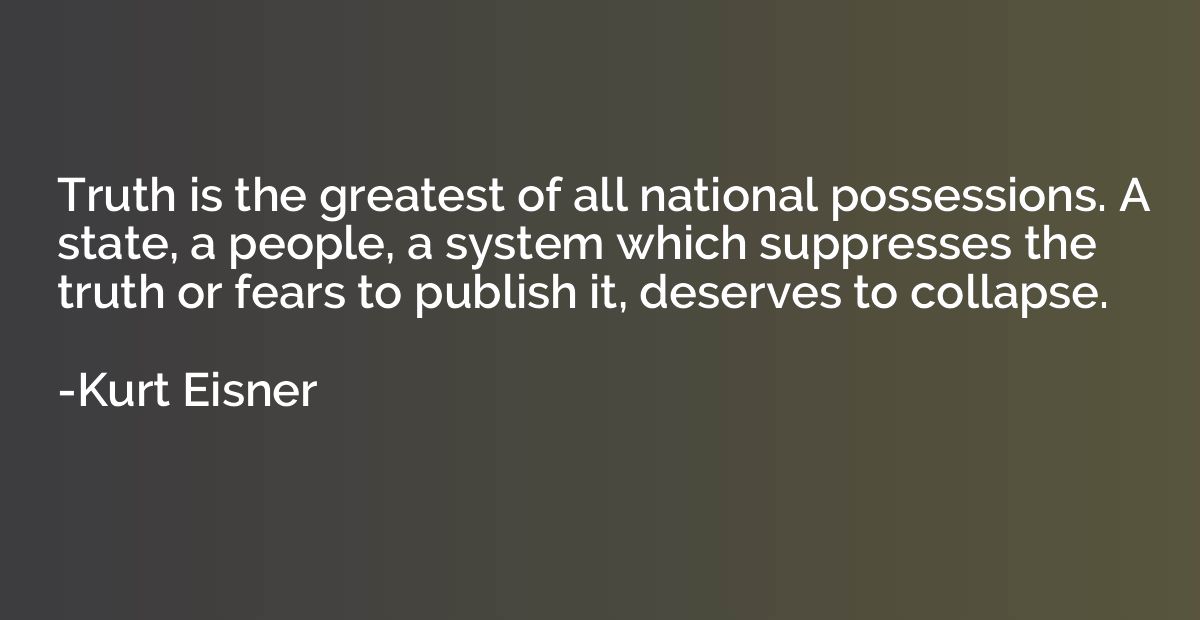Summary
Both poetry and prayer are forms of expressing emotions, thoughts, and desires in a deeply personal and introspective manner. They serve as channels to connect with the intangible and express our innermost experiences. Just as prayer seeks to connect with a divine or higher power, poetry aims to touch the hearts and minds of others, evoking emotions and creating meaning. Both possess the ability to transcend the mundane and transport us to a different realm, enabling us to reflect, contemplate, and find solace. Poetry and prayer share a common purpose: to give voice to our deepest longings and provide a means to connect with something bigger than ourselves.
